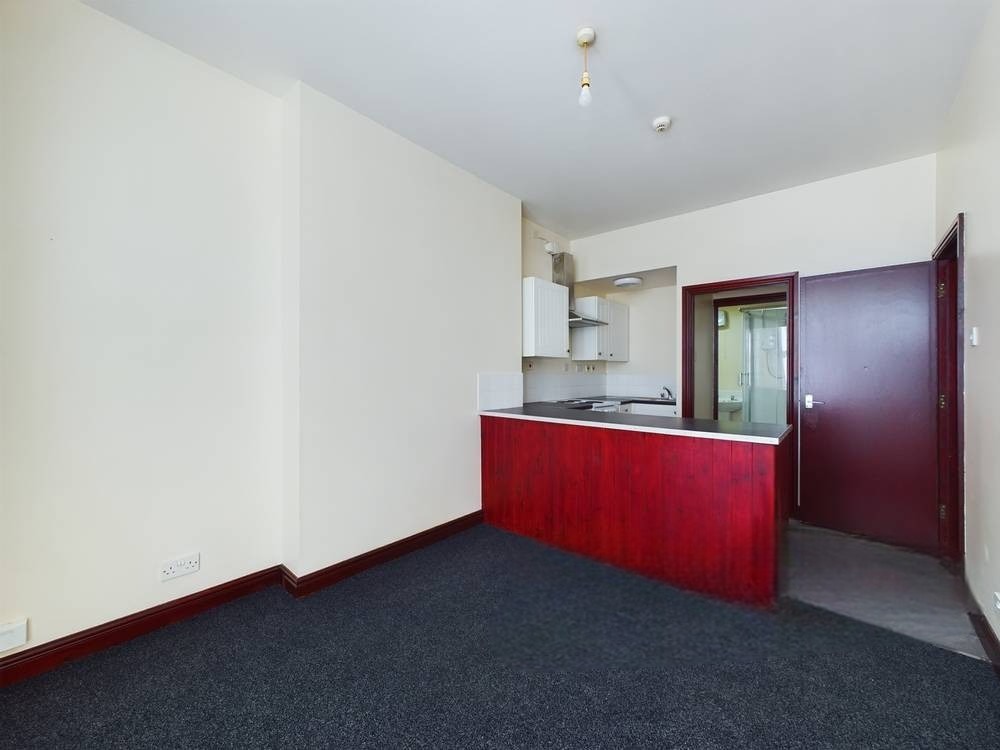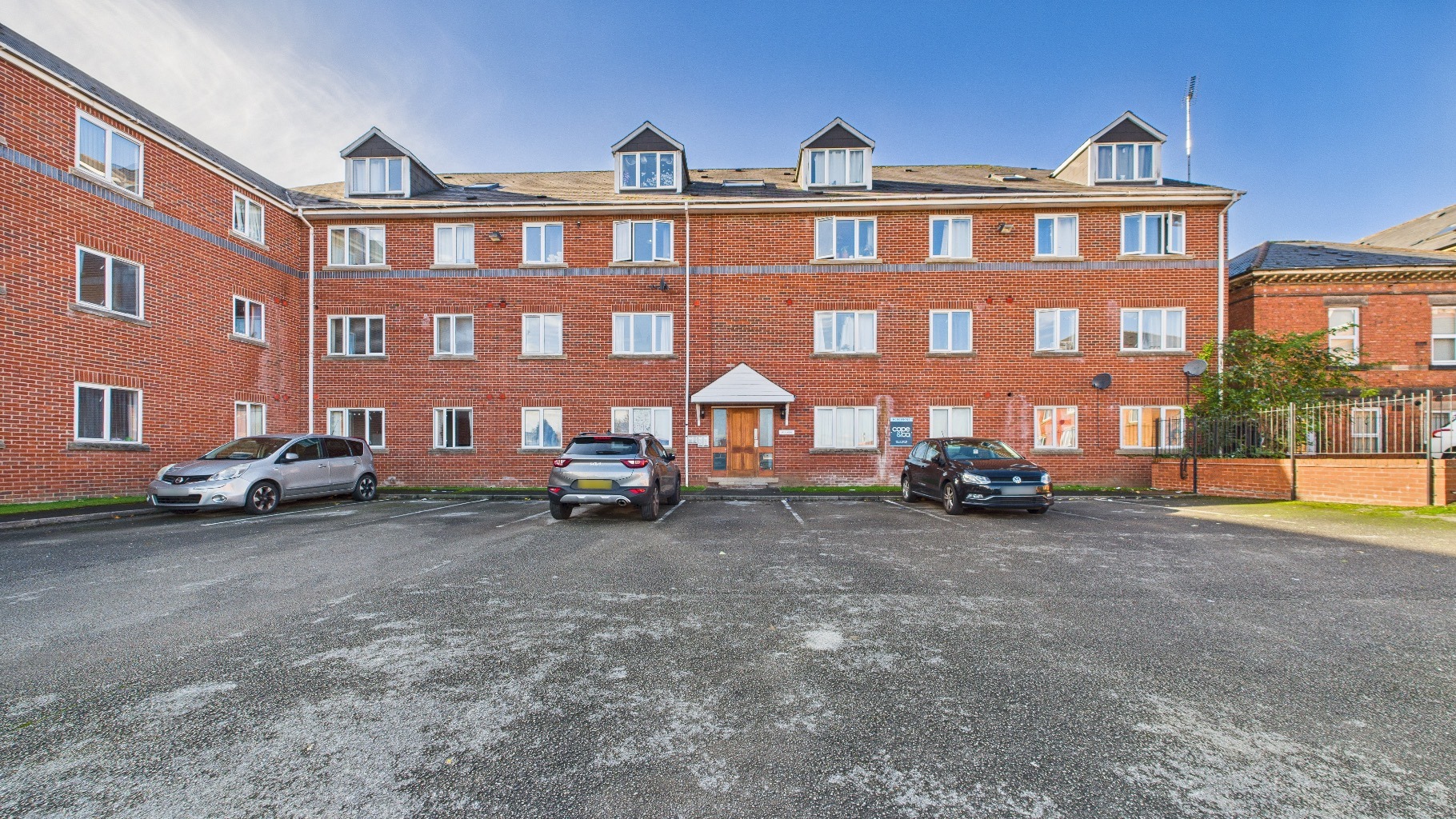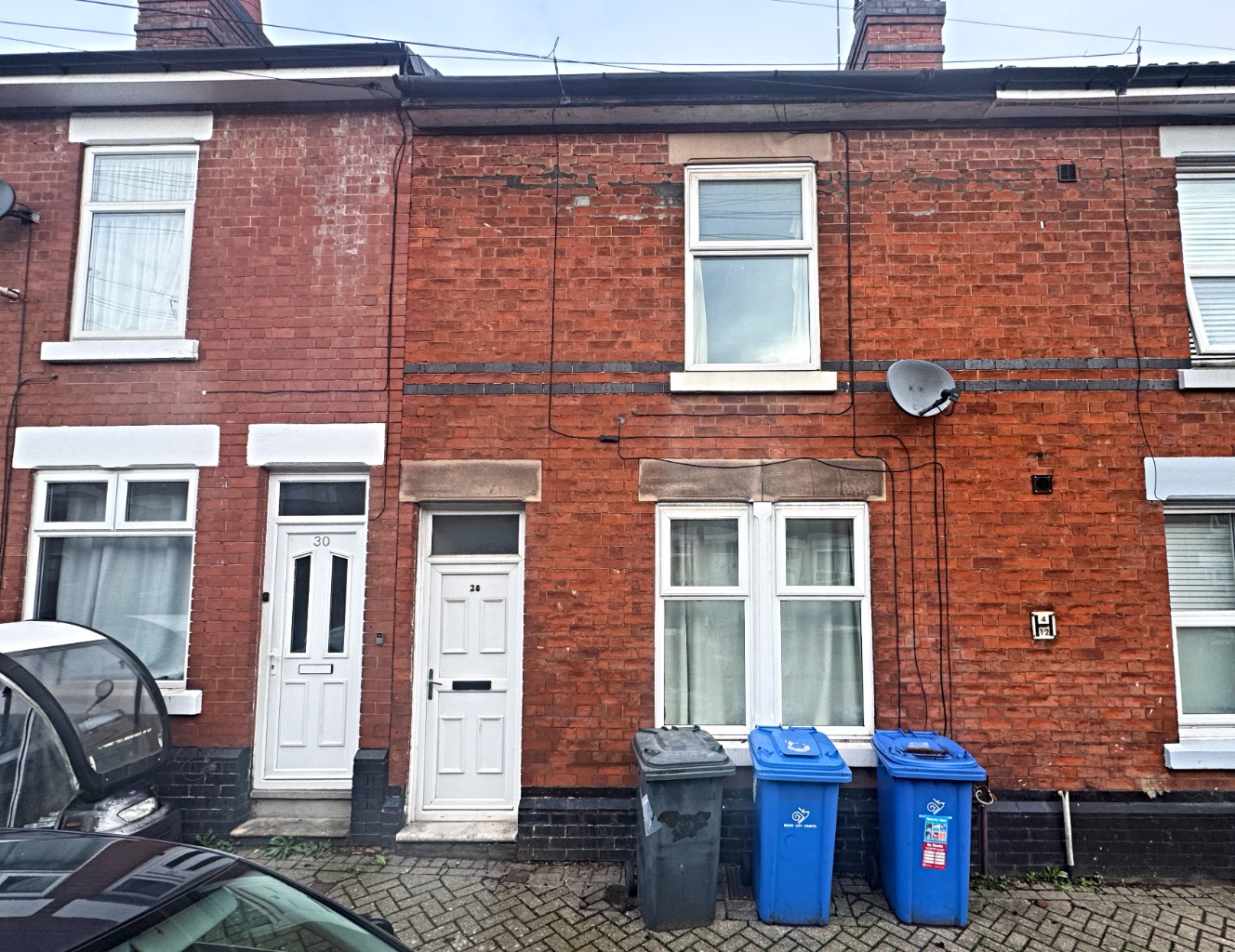
Claim It, Don’t Lose It: A Landlord’s Guide to Smarter Tax
If you’re a landlord, tax can feel… well, taxing! But landlord tax shouldn’t feel like a mystery. With rules shifting and allowances disappearing, it’s easy to overpay. Our latest Cope & Co. guide breaks down what landlords can still claim in 2025 - from Section 24 to smart deductions that keep HMRC from becoming your silent partner.
If you’re a landlord, tax can feel like a headache. Rules evolve, allowances shift, and it’s easy to worry you’re overpaying. Many landlords tell us: “I just want to know I’m not missing something claimable.” This guide sets out the current position for the 2025/26 tax year, with clear actions and links to HMRC sources.

Section 24, in plain English (mortgage interest)
For individuals (including partnerships taxed on the individuals), you no longer deduct mortgage interest from rental income. Instead you pay tax on the full rental profit before finance costs and then receive a 20% tax credit on your eligible finance costs. This has fully applied since 6 April 2020 and continues in 2025/26.
So, what counts as restricted “finance costs”? Well, mortgage interest, loans to buy furnishings, overdrafts, arrangement and repayment fees, and similar items.
Who is not affected? Companies. Corporate landlords still deduct finance costs in the usual way under the loan relationship rules.
Worked example (simplified):
Rent £20,000; repairs/insurance/agent fees £5,000; mortgage interest £10,000.
Taxable rental profit = £15,000 (you do not deduct the £10,000 interest here).
Tax credit = 20% × £10,000 = £2,000, which reduces your final Income Tax bill.

Allowable expenses you can still deduct
You can deduct costs that are “wholly and exclusively” for your rental business. For example, repairs and maintenance, landlord insurance, letting/management fees, accountant’s fees, service charges, utilities/council tax you pay, legal fees for short lets (≤1 year) or lease renewals (<50 years), and direct running costs (postage, phone, advertising).
Travel & mileage: You can claim business motoring costs for property management—either actual running costs (with a fair business proportion) or the fixed-rate mileage method (available to unincorporated landlords since 2017/18). Keep a mileage log.
£1,000 Property Allowance: You can usually use a £1,000 property income allowance instead of claiming actual expenses, helpful for small or casual lets. Cannot combine both.

Repairs vs Improvements (the subtle, and potentially costly, line)
Repairs (deduct now): restoring the property to its original state—e.g. fixing a broken boiler, replacing damaged tiles like-for-like.
Improvements (capital): enhancing or upgrading—e.g. adding an extension, installing a higher-spec kitchen. These aren’t deductible against rental income now but may reduce Capital Gains Tax (CGT) when you sell.
Pre-letting works: If you buy a run-down property at a discount, the initial works to bring it up to a lettable standard are typically capital (not repairs).

Replacement of Domestic Items Relief (RDIR)
The old 10% “wear and tear” allowance is long gone. Instead, RDIR lets individuals deduct the cost of replacing moveable domestic items (furniture, appliances, kitchenware); not initial purchase when you first furnished, and not fixtures like baths or built-in wardrobes. If you upgrade, the deduction is capped at the cost of a “modern equivalent”. Disposal/delivery costs related to replacement can be included.

When could a limited company make sense?
Many landlords consider a company to mitigate Section 24. A company can still deduct 100% of finance costs and pays Corporation Tax (currently 19% small profits up to £50k; marginal relief up to £250k; main rate 25% for ≥£250k).
But think beyond headline tax rates:
Extraction taxes: Dividends/salaries can add personal tax.
Financing: Company BTL mortgages can be pricier; compare net outcomes.
Admin: Accounts, Companies House filings, payroll/dividends, lender/legal fees.
Transferring existing properties into a company can trigger CGT and SDLT. Two reliefs sometimes help:
CGT Incorporation Relief (s.162 T-CGA 1992) - defers gains if you transfer a genuine business in exchange for shares (automatic when conditions met—often easier where there’s an established business rather than passive investment). GOV.UK+1
SDLT Partnership rules (Sch 15 FA 2003) - in some partnership incorporations, SDLT can be reduced/neutralised, but this is technical and fact-specific. It does not generally apply to a sole owner transferring to their own company. GOV.UK

Capital Gains Tax (CGT) reminders for landlords
Rates: Residential property gains by individuals are still charged at 18% (basic rate band) and 24% (above basic rate) for relevant disposals. Always check your banding across total income + gains.
Annual exempt amount: Reduced to £3,000 from 2024/25 (continue to plan around the smaller allowance).
60-day reporting/payment: UK residents disposing of UK residential property usually must report and pay any CGT within 60 days of completion (separate from Self Assessment). GOV.UK

Furnished Holiday Lettings (FHL) regime has been abolished
From 6 April 2025 (1 April for companies) the special FHL tax regime is abolished. FHL no longer gets its previous advantages (e.g., full finance cost relief, certain capital allowances). Former FHLs now follow the standard property rules above.

Record-keeping & accounting method
Keep receipts, invoices, bank statements and mileage logs for at least 5 years after the 31 January filing deadline. Penalties can apply for poor records.
Cash basis is now default for most unincorporated property businesses (unless you opt out). This usually means you account for income/expenses when money moves.

FAQ – Quick Answers to Common Landlord Tax Questions
Q1. Can I claim the full cost of a new kitchen?
A: No. If it’s an upgrade/improvement, it’s capital expenditure and not deductible against rental income. You may only claim relief when you sell (via Capital Gains Tax). If it’s a like-for-like replacement, check if it qualifies as a repair or under RDIR.
Q2. I paid my tenant’s council tax while the property was empty, can I deduct it?
A: Yes, if you as landlord paid the council tax while the property was vacant and you incurred it wholly and exclusively in running the rental business, it can be an allowable expense.
Q3. I use my own car to visit properties, what can I claim?
A: You can claim motoring costs for property business travel. For unincorporated landlords you can use the fixed mileage rate (e.g., 45p/mile for first 10,000 miles) or actual costs apportioned for business use. Keep a log.
Q4. If I transfer a property I already own into a company, will I always pay CGT and SDLT?
A: Not always - but you must check whether reliefs apply. For CGT, if you’re transferring a business you may qualify for s.162 incorporation relief (deferral). For SDLT the partnership rules may help in some structures - but these are technical and you should seek specialist advice.
Q5. My rental income is under £1,000. Do I still have to submit a tax return?
A: If your gross rental income is under £1,000 and you have no records to claim expenses, you might use the £1,000 property allowance instead of declaring. Beyond that threshold or if you claim expenses you must declare via Self Assessment.

Final thoughts
Despite Section 24, you still have robust routes to stay tax-efficient: claim allowable expenses correctly, apply RDIR for replacements, use cash-basis where helpful, and consider (carefully) whether a company structure suits. If you’d like personalised modelling on individual vs company ownership (including Derby-specific purchase and SDLT scenarios), we can help.
Are you searching for a trusted partner in Derby? Whether you’re letting a property or looking to grow a portfolio, as your local experts we’re here:
Contact us today to schedule a no-obligation review of your tax and rental strategy. Let Cope & Co. help you stay compliant, maximise your returns and feel confident about your property business in Derby.

This article is intended for general information only and does not constitute legal, tax, or financial advice. Tax rules can change and their impact depends on your individual circumstances. We always recommend seeking independent professional advice before taking or refraining from any action based on the content of this guide.
We do recommend our tax partner, Derby based Cedar + Co., for help with specific requirements:











